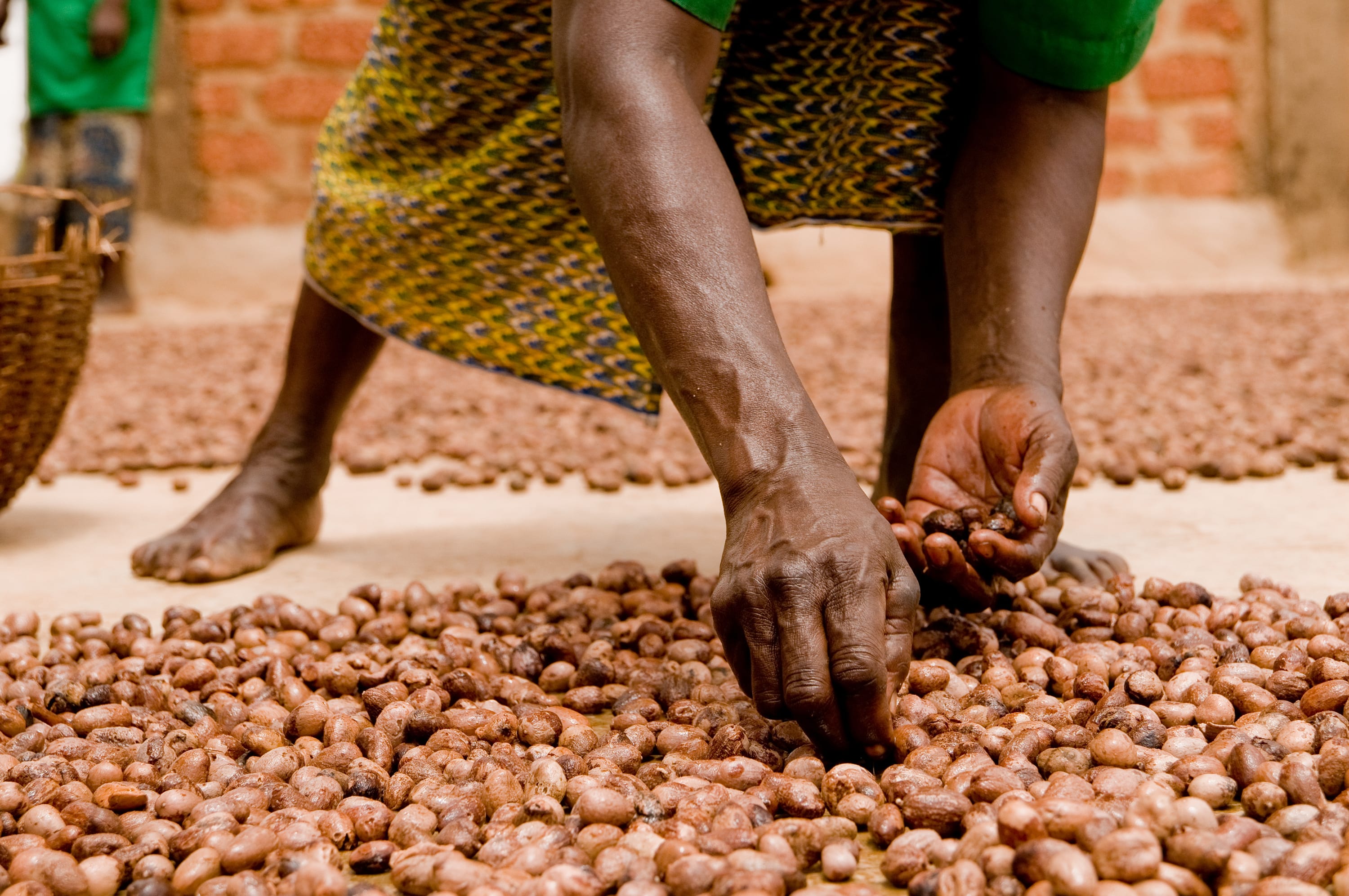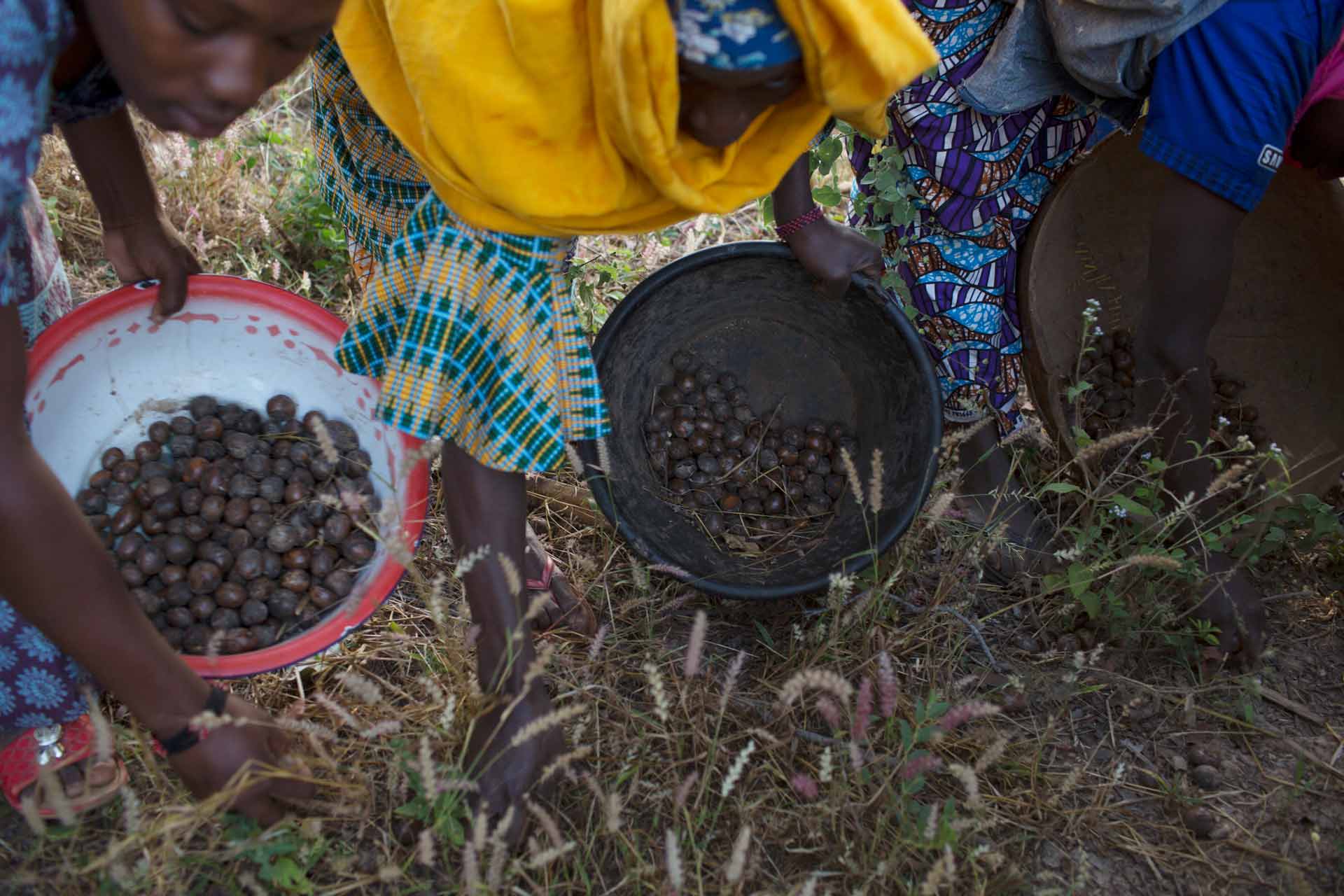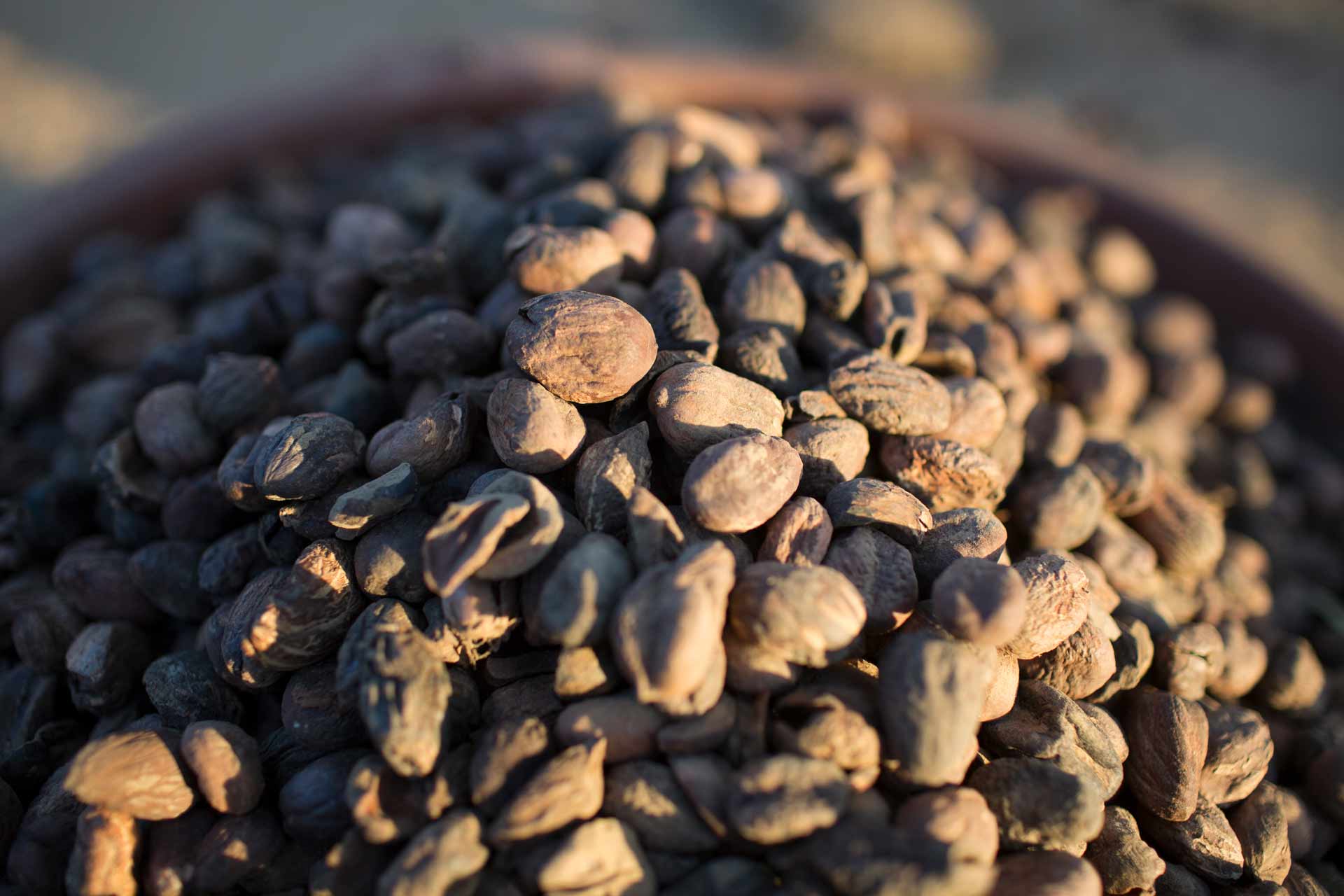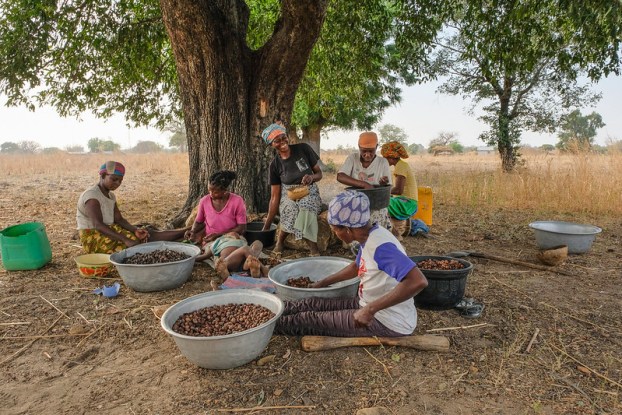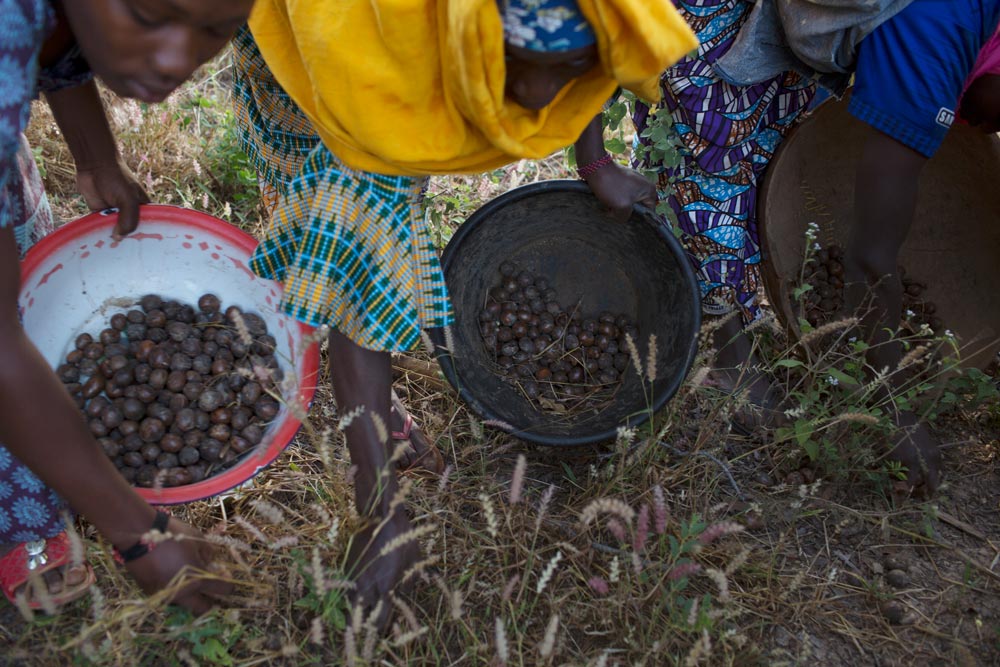Did you know that shea fruit may be eaten?
The incredibly healthy shea nut pulp is a pleasure for everyone, especially children, from May to September.


ABOUT US
Mali Shi enables the production and export of shea butter, a substitute for cocoa butter, that meets the demanding quality standards of the international market.
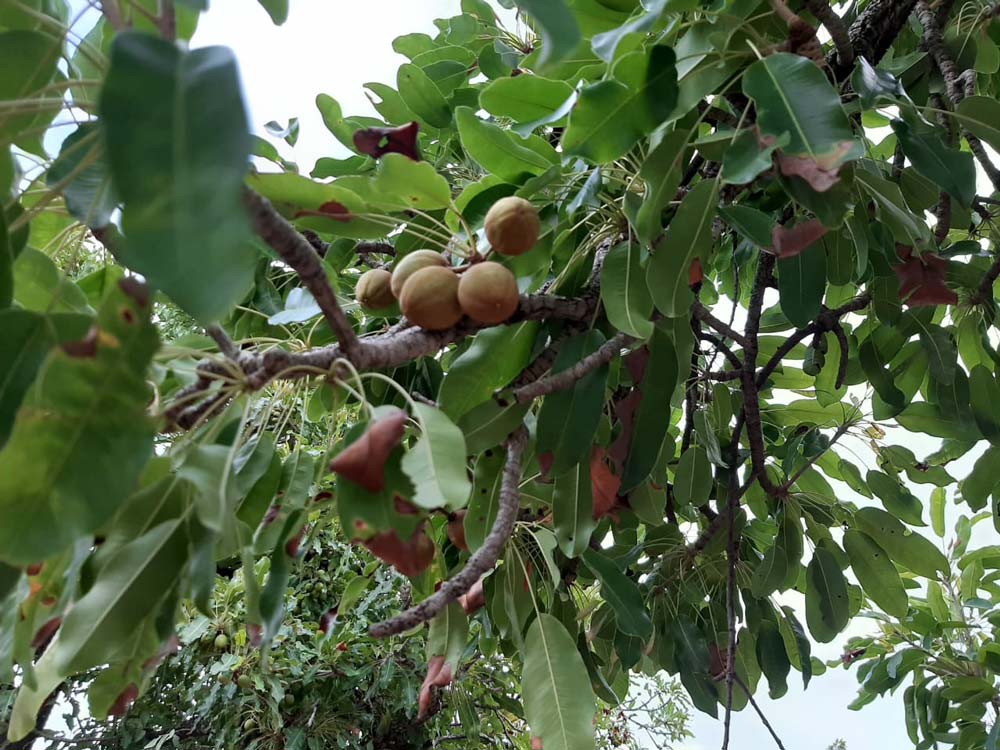
ABOUT MALI SHI
- Mali is the second African country in number of shea trees, with nearly 100 million trees covering 20% of global demand.
- Due to the lack of modern industries, most kernels were once exported raw or processed artisanally with low added value, depriving the country of access to a high-potential industrial market. In a context marked by poverty and instability, this situation represented a considerable loss.
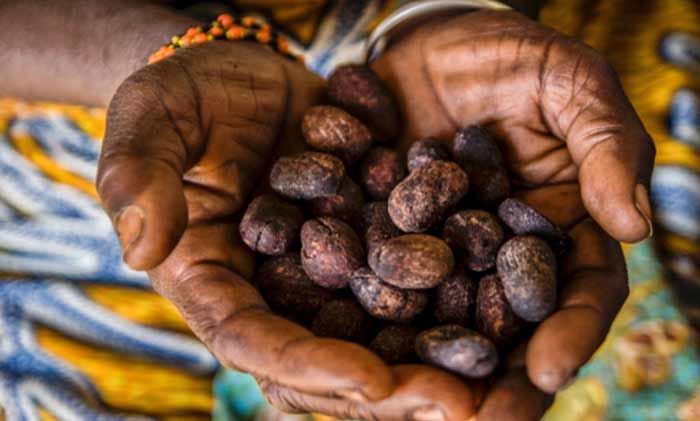

ABOUT MALI SHI
- Mali is the second African country in number of shea trees, with nearly 100 million trees covering 20% of global demand.
- Due to the lack of modern industries, most kernels were once exported raw or processed artisanally with low added value, depriving the country of access to a high-potential industrial market. In a context marked by poverty and instability, this situation represented a considerable loss.

Mali Shi was created by Omnium Mali as part of its strategy to diversify activities and invest in the local agro-industry.
By processing shea kernels directly in Mali, the company contributes to creating added value within the country and strengthening the local economy.
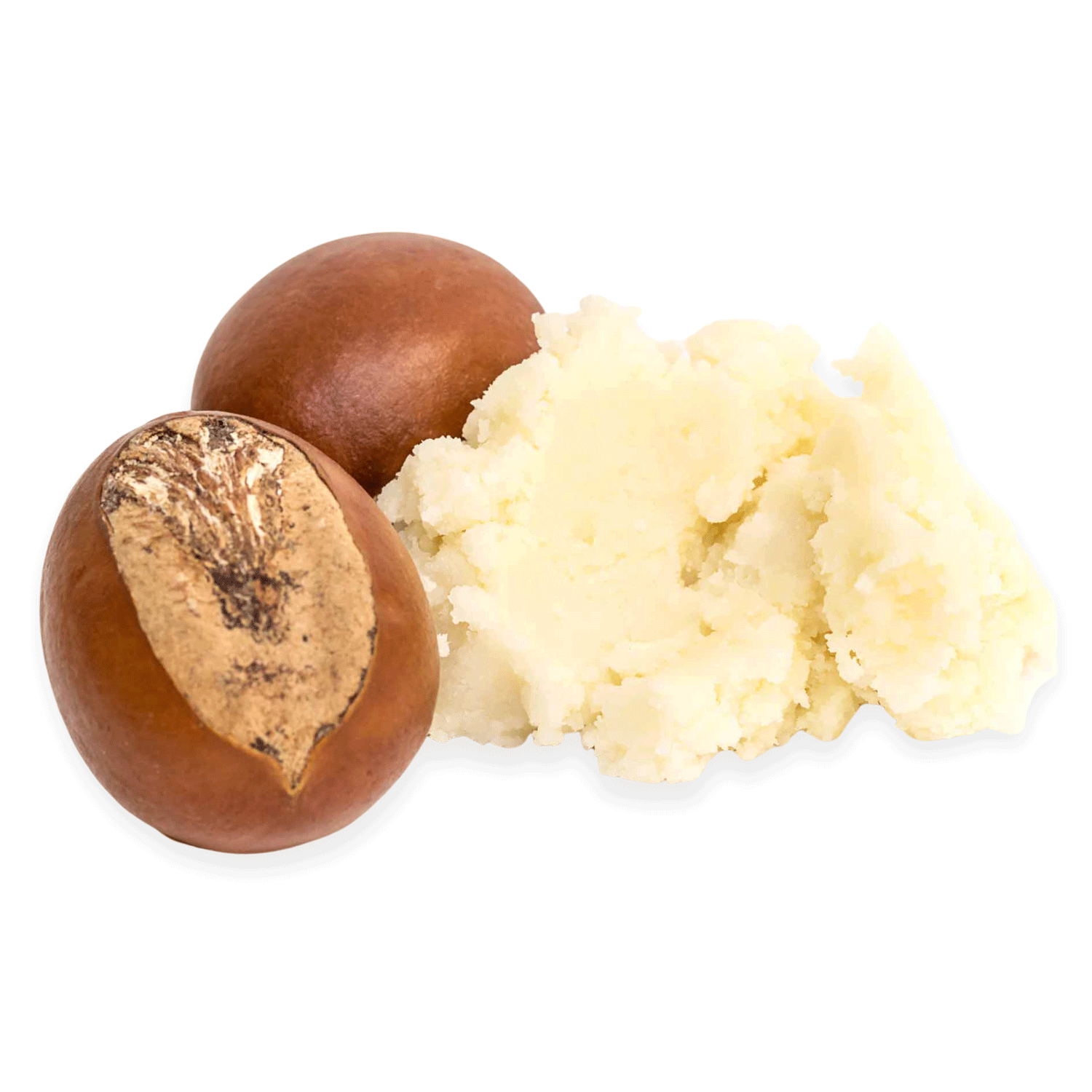
Today, Mali Shi produces and exports shea butter:
-
A sustainable alternative to cocoa butter,
-
Meeting the highest quality standards of the international agro-industrial market.
OUR SUPPLY NETWORK
Mali Shi relies on two complementary sourcing models:
-
Traditional supply chain: purchasing from local suppliers and partners.
-
Direct supply chain: sourcing directly from women collectors in rural areas who harvest and process the shea kernels.
To support the economic empowerment of rural women, Mali Shi prioritizes direct purchases from its network of collectors, which today represents its main source of supply.
OUR SUPPLY NETWORK
Mali Shi relies on two complementary sourcing models:
-
Traditional supply chain: purchasing from local suppliers and partners.
-
Direct supply chain: sourcing directly from women collectors in rural areas who harvest and process the shea kernels.
To support the economic empowerment of rural women, Mali Shi prioritizes direct purchases from its network of collectors, which today represents its main source of supply.
THE MIRACLE TREE
The shea tree, often called “the miracle tree”, is an exceptional resource in which every part can be used:
-
Pulp: eaten fresh, made into jam, alcohol, or ice cream, and also used for animal feed.
-
Kernels: used to produce shea butter, highly valued in food, cosmetics, and traditional medicine.
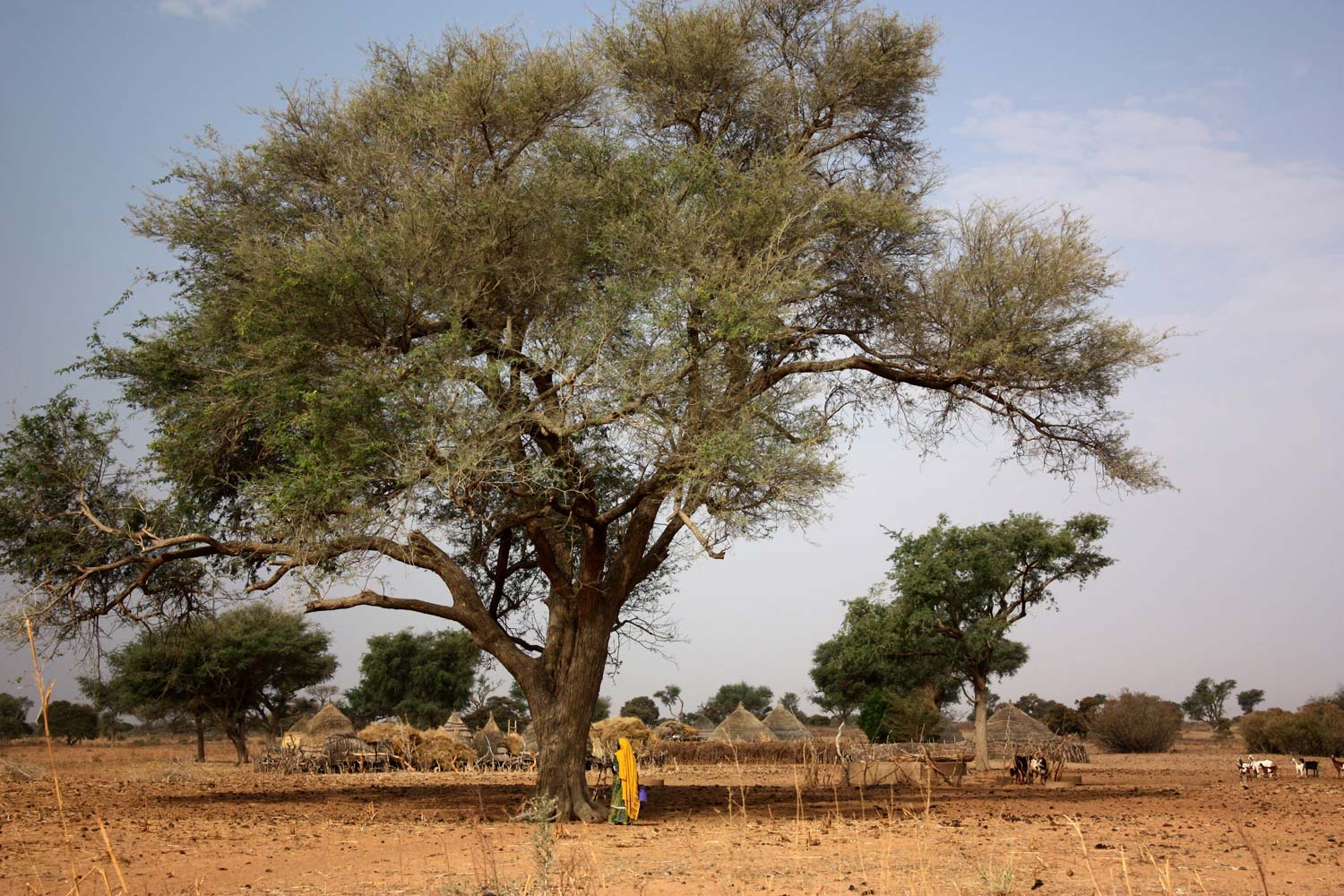
-
Flowers: eaten in salads, used for honey production and essential oils.
-
Roots: employed in traditional medicine for various ailments.
-
Cirina forda caterpillar: protein-rich, consumed dried or fried.
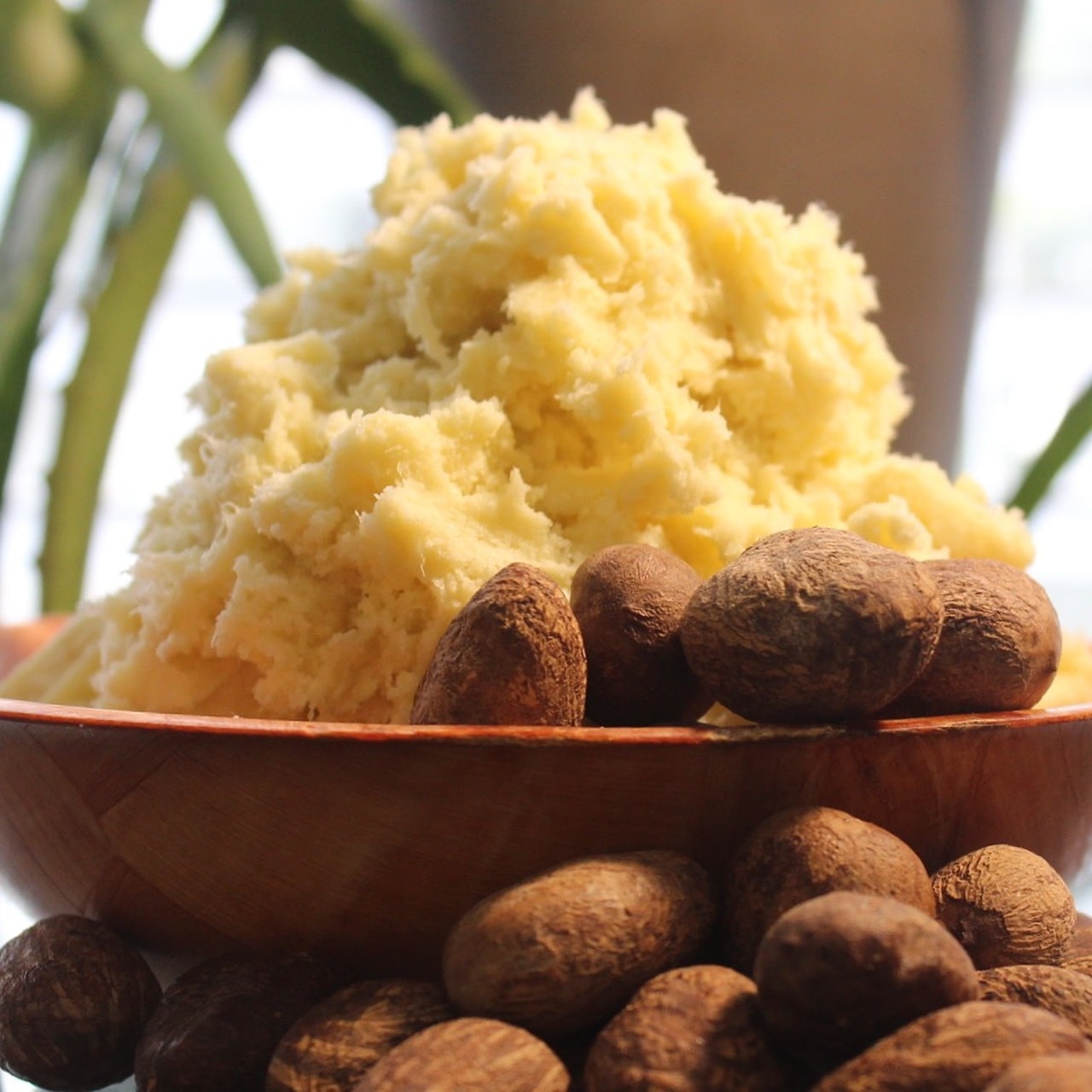

OUR TEAM


CEO
KANCOU KEITA CISSE

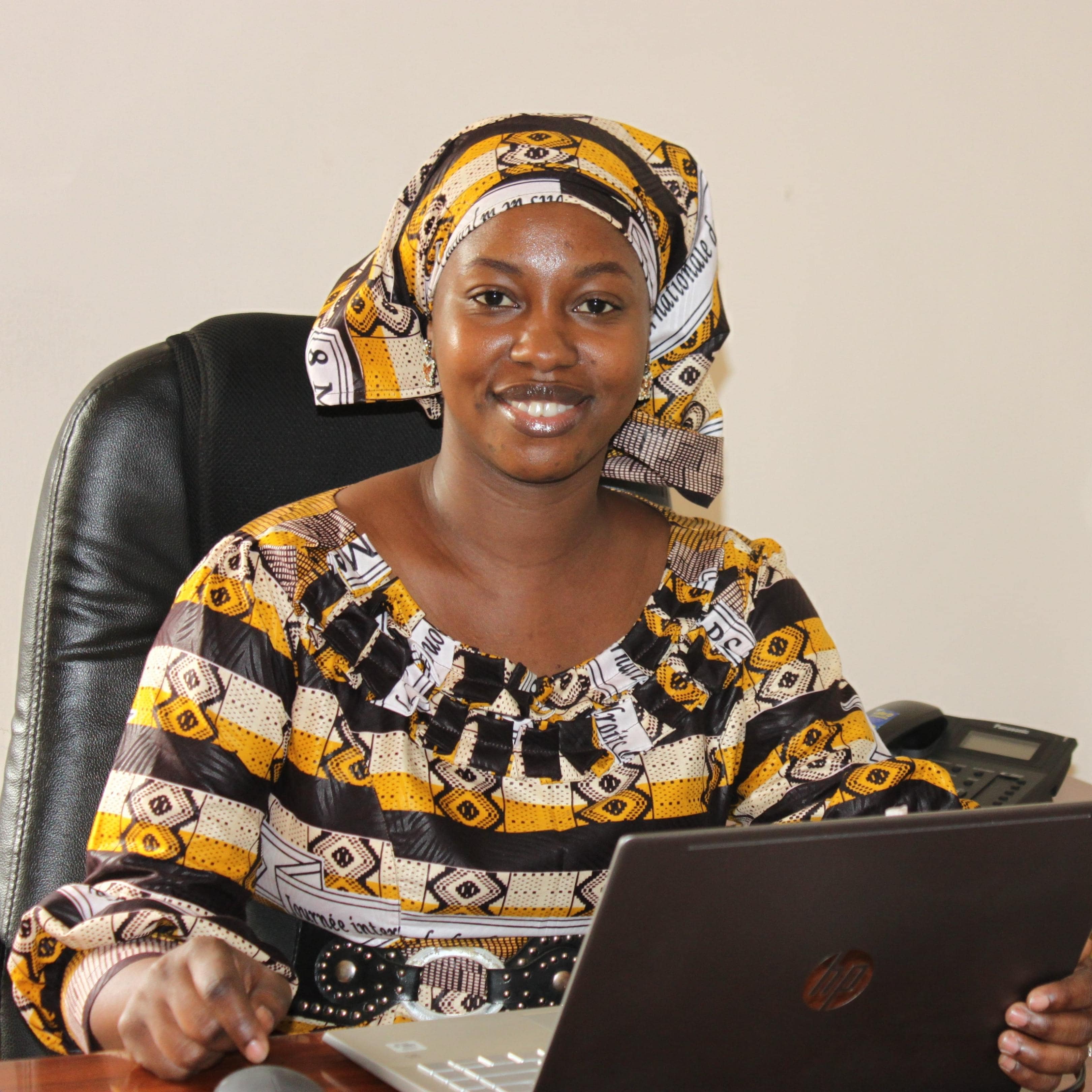
CFO
Aïssata Sow Kone


SUPPLY AND LOGISTICS DIRECTOR
Sahidou TOURE


Production Director
Georges Akiki


QHSE Manager
Aminata Tall Coulibaly


PROJECT DIRECTOR
Salima Ghammache


Administrative and Logistics Manager
Coulibaly Kany Keita


Administrative Director, Assistant of Finance and Accounting
Bakary Bore


CHIEF ACCOUNTANT
Djaliba Seckou BAH


Accountant
Mahazatou Fomba Fane


FINANCIAL ANALYST
MOHAMED BABY


CFO
Aïssata Sow Kone


SUPPLY AND LOGISTICS DIRECTOR
Sahidou TOURE


Production Director
Georges Akiki


QHSE Manager
Aminata Tall Coulibaly


PROJECT DIRECTOR
Salima Ghammache


Administrative and Logistics Manager
Coulibaly Kany Keita


Administrative Director, Assistant of Finance and Accounting
Bakary Bore


CHIEF ACCOUNTANT
Djaliba Seckou BAH


Accountant
Mahazatou Fomba Fane


FINANCIAL ANALYST
MOHAMED BABY

